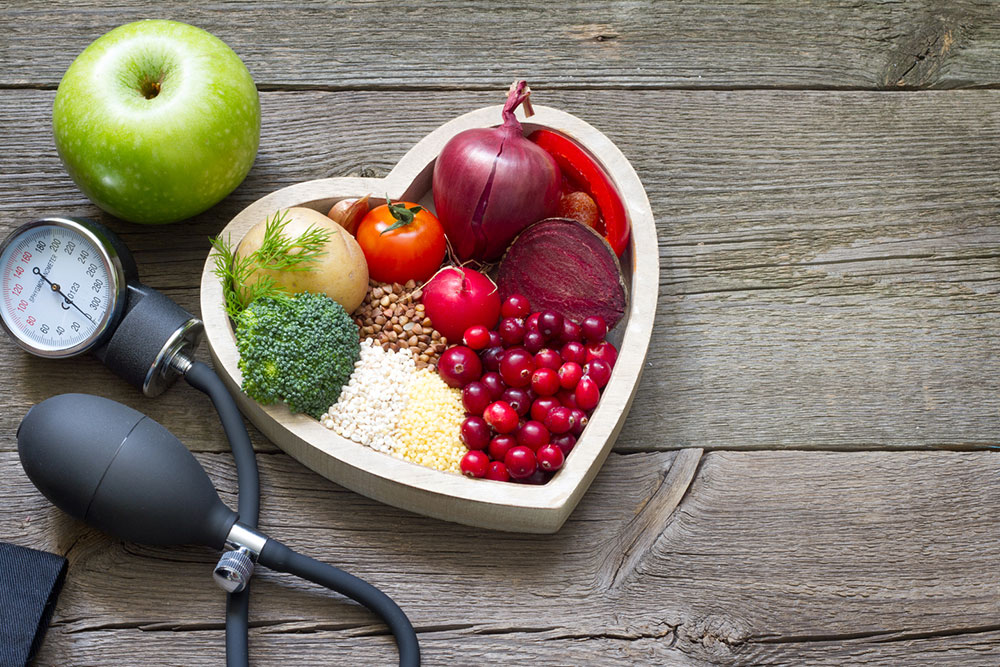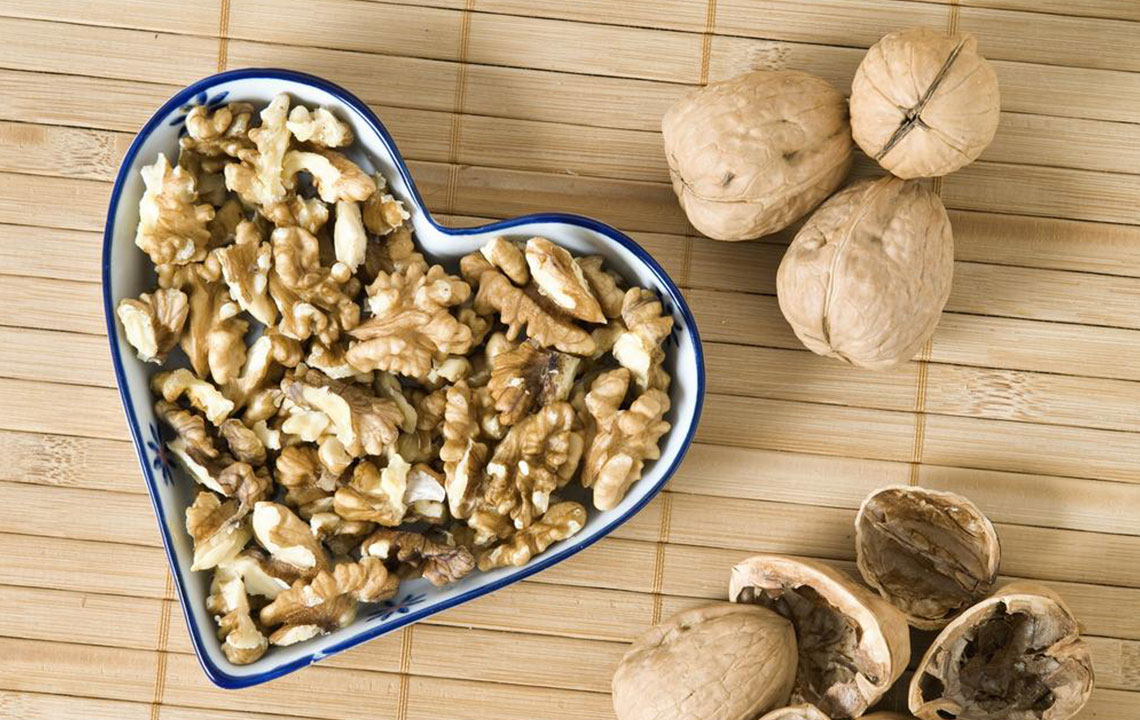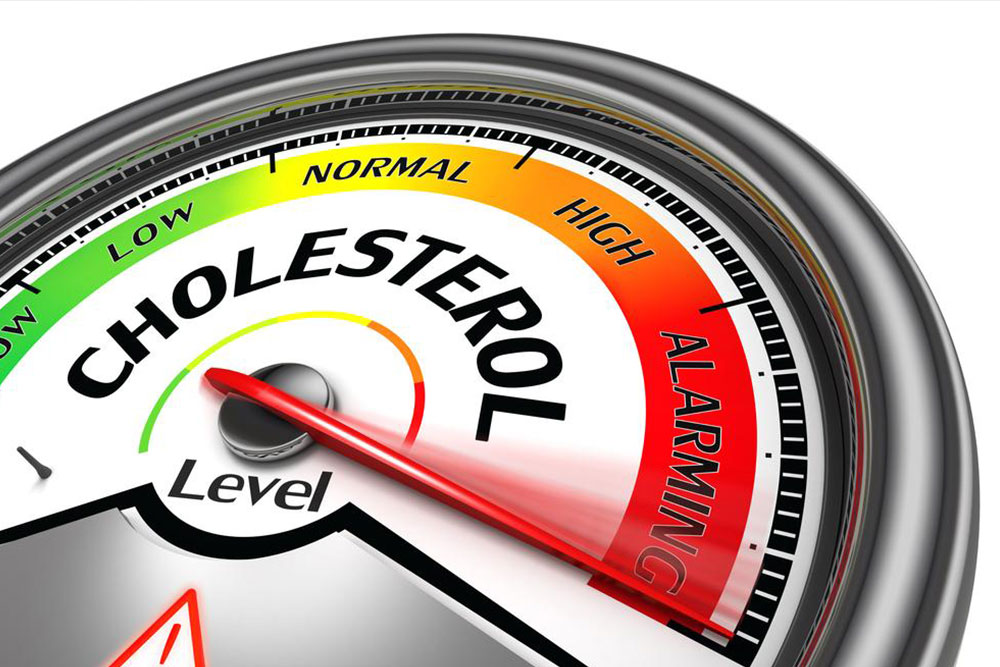Effective Home Strategies to Manage and Lower Cholesterol Naturally
Learn comprehensive home-based strategies to control and reduce cholesterol levels naturally. This detailed guide covers dietary changes, lifestyle adjustments, and natural remedies to promote heart health, prevent cardiovascular diseases, and maintain optimal cholesterol balance. Perfect for those seeking effective, manageable approaches to improve their cardiovascular wellness from the comfort of their home.

Proven Methods to Control Cholesterol Levels at Home
Cholesterol is a waxy, fat-like substance essential for various bodily functions, including hormone synthesis and cell membrane integrity. However, imbalances, especially elevated levels of low-density lipoprotein (LDL) cholesterol, can pose significant health risks. Excess LDL contributes to plaque accumulation within arterial walls, increasing the likelihood of heart disease, stroke, and other cardiovascular complications. Conversely, high-density lipoprotein (HDL) cholesterol works to remove excess fats from the bloodstream, providing a protective effect. Managing cholesterol levels effectively involves a combination of dietary choices, lifestyle modifications, and natural remedies that can be implemented conveniently at home to promote overall heart health.
Adopting Heart-Healthy Eating Habits
Transforming your diet plays a crucial role in controlling cholesterol. Incorporate a variety of fruits, vegetables, whole grains, and lean proteins into your daily meals. Foods high in omega-3 fatty acids, such as fatty fish like salmon, mackerel, and sardines, are particularly beneficial for lowering triglycerides and improving HDL levels. Limit intake of saturated fats found in red meats, full-fat dairy products, and processed foods, as they tend to raise LDL cholesterol. Avoid trans fats commonly present in hydrogenated oils, baked goods, and snacks, which significantly increase heart disease risk. Instead, opt for healthy fats from nuts, seeds, avocado, and olive oil. Including soluble fiber-rich foods—oats, barley, legumes, and fruits like apples and citrus—can effectively bind cholesterol in the digestive system and promote its excretion. Additionally, integrating whey protein from dairy sources can contribute to lowering LDL cholesterol, reinforcing the importance of balanced nutrition in heart health management.
Limiting Alcohol Consumption and Quitting Smoking
Alcohol intake should be moderated to safeguard cardiovascular health. For men, up to two drinks per day are generally considered acceptable, while women should limit to one drink daily. Excessive alcohol consumption can elevate triglyceride levels and cause high blood pressure, increasing the risk of strokes and heart attacks. Quitting smoking is perhaps one of the most impactful steps in improving overall heart health. Smoking damages blood vessel walls, reduces HDL cholesterol, and accelerates atherosclerosis. Ceasing tobacco use enhances blood circulation, reduces blood pressure, and improves lipid profiles over time. Support from healthcare professionals, counseling, and cessation aids can facilitate a successful transition away from smoking, significantly decreasing cholesterol-related health issues.
Maintaining a Healthy Body Weight
Your weight directly influences cholesterol levels. Excess weight, particularly around the abdomen, is associated with higher LDL cholesterol and lower HDL levels. Achieving and maintaining a healthy weight through mindful eating and regular physical activity can substantially reduce cardiovascular risk. However, weight management should be tailored to individual needs, considering underlying health conditions and metabolic factors. Consulting a healthcare provider or registered dietitian can assist in designing a personalized plan to shed excess pounds safely while supporting overall wellness and cholesterol balance.
Engaging in Regular Physical Activity
Incorporate consistent moderate exercise such as walking, cycling, swimming, or jogging into your routine. Physical activity not only helps burn calories but also enhances lipid metabolism, increases HDL cholesterol, and decreases LDL cholesterol. The American Heart Association recommends at least 150 minutes of moderate-intensity aerobic activity weekly. Exercise improves blood vessel flexibility, reduces blood pressure, and promotes overall cardiovascular health. Building a sustainable activity habit, even in small daily doses, can dramatically influence cholesterol levels and diminish the risk of heart disease over time.
Natural Supplements and Remedies for Cholesterol Management
Garlic Supplements
Garlic has long been recognized for its potential cardiovascular benefits. Some studies suggest that garlic can temporarily lower blood cholesterol levels, especially when used consistently over a period of time. It may help in reducing arterial plaque formation and improving blood circulation. However, it’s essential to consult with a healthcare provider before beginning garlic supplements, especially if you're on blood-thinning medications, as garlic can enhance their effect and increase bleeding risk.
Dietary Fiber and Functional Foods
Consuming high-fiber foods or supplements can significantly support cholesterol management. Soluble fibers bind to cholesterol molecules in the digestive tract, facilitating their removal from the body. Regular intake of fiber-rich foods like oats, barley, beans, lentils, fruits, and vegetables not only lowers LDL levels but also aids in digestion and sustains energy levels. Adding fiber supplements can be beneficial, especially for those with dietary restrictions or preferences. Proper fiber intake helps prevent gas and gastrointestinal discomfort, common issues when managing high cholesterol.





